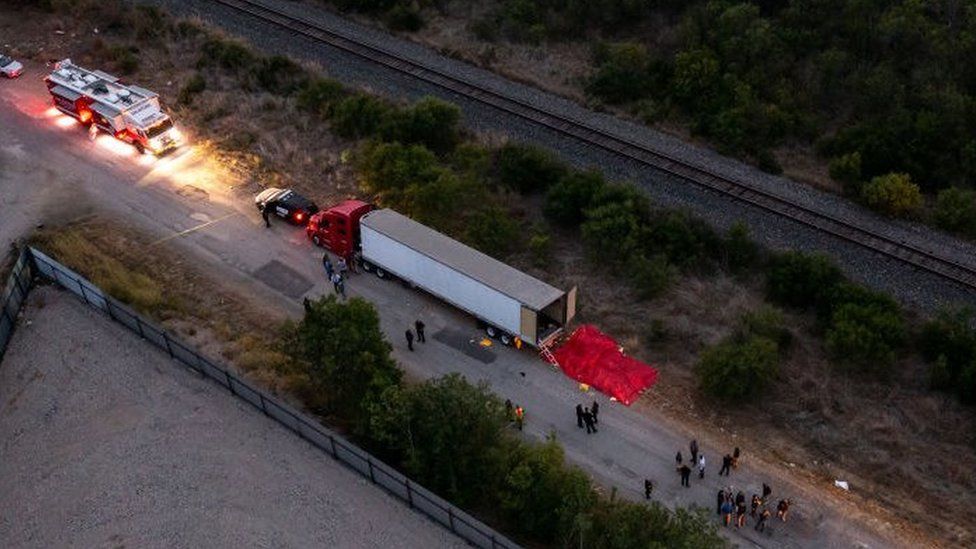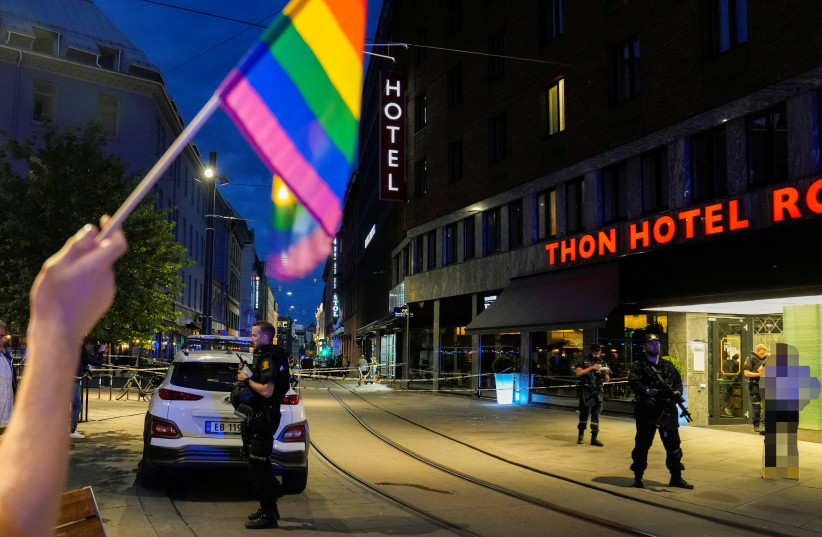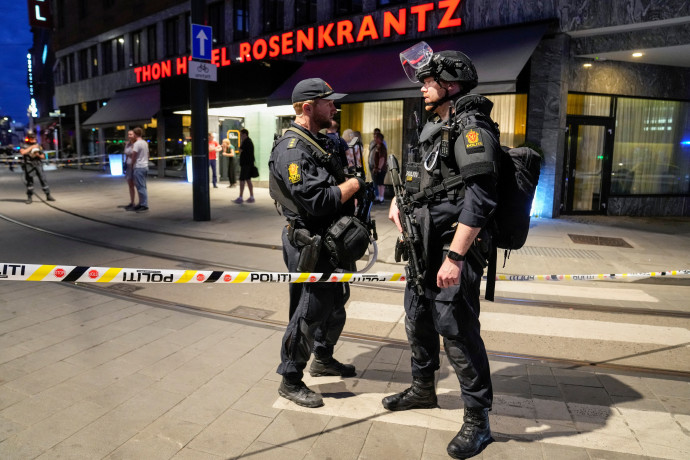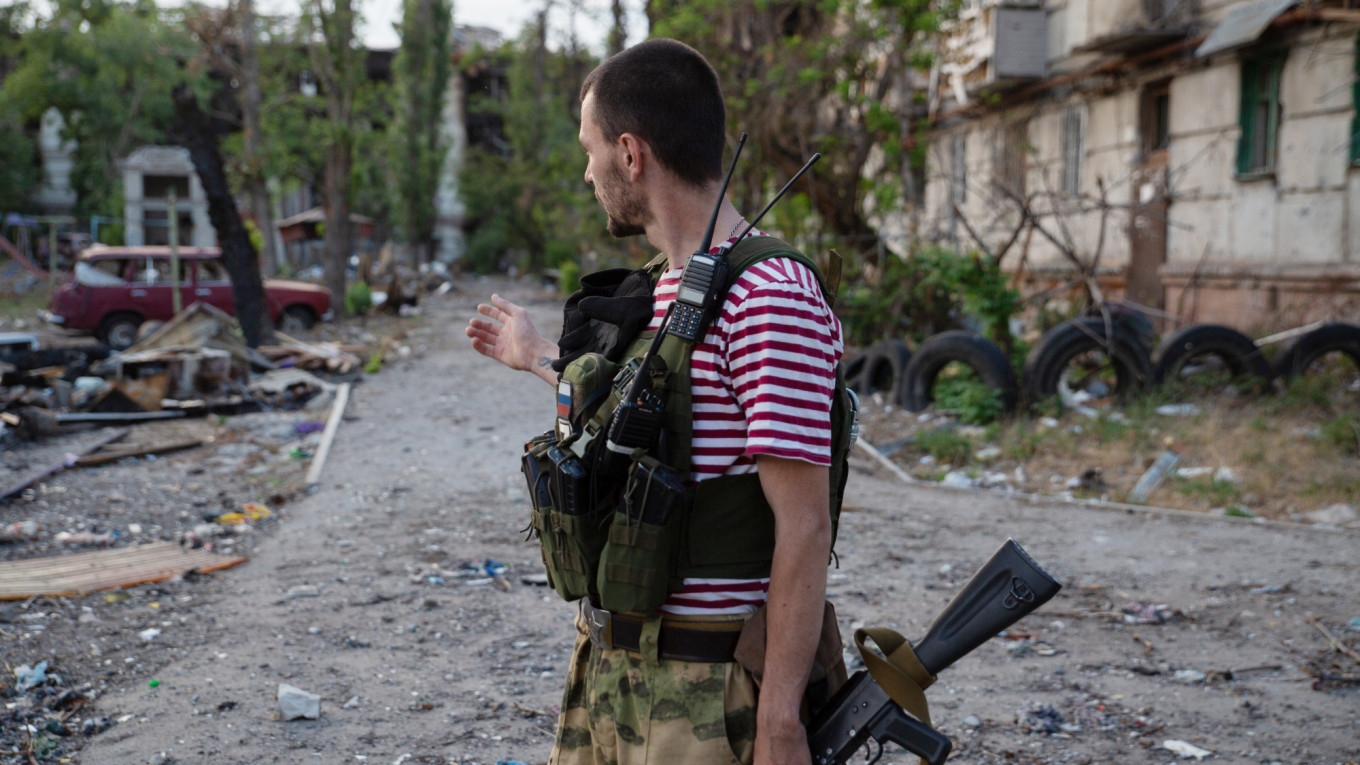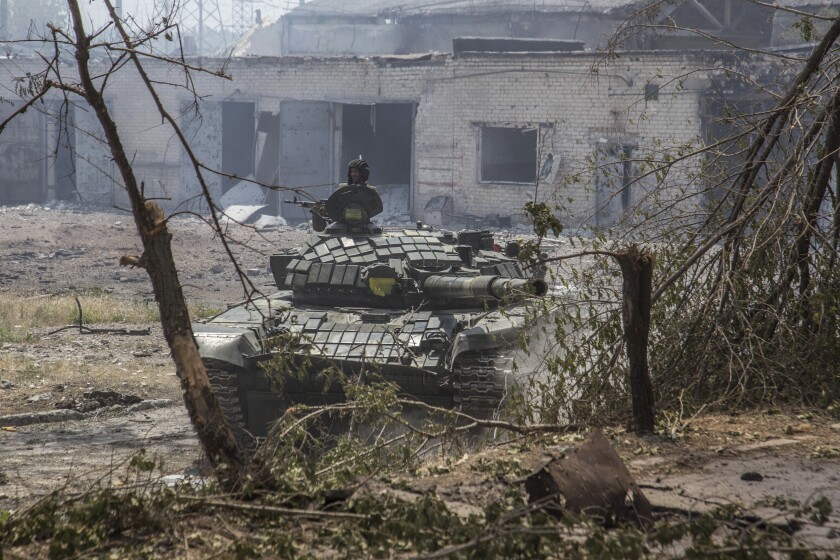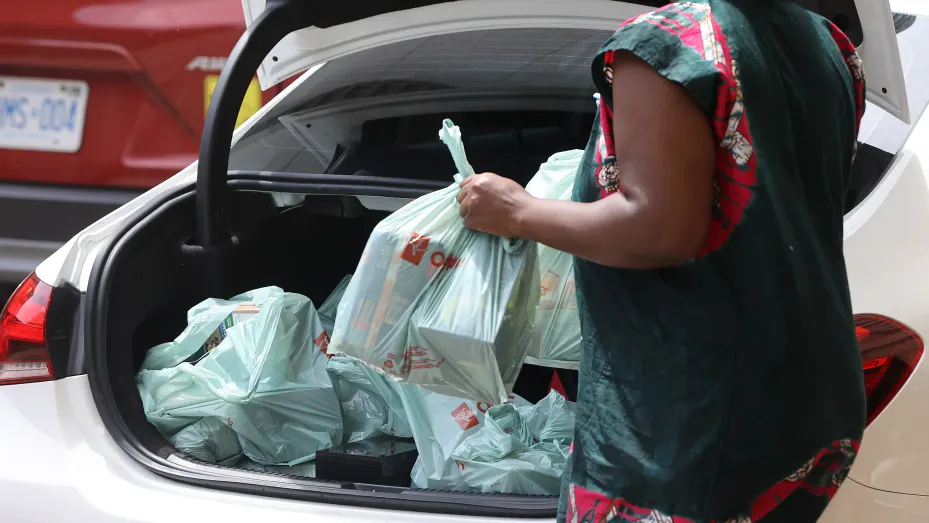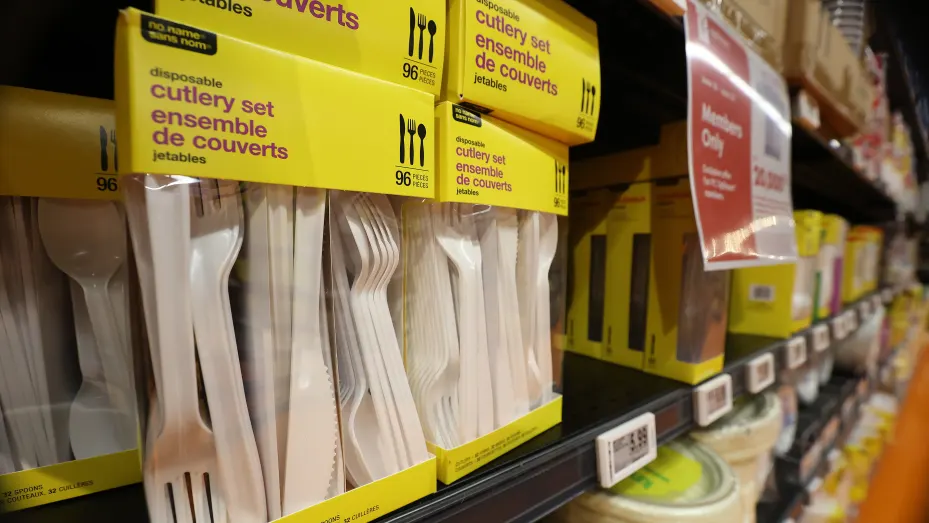"We get hit with machine gun fire and mortars, we have to hide them [the cars they use instead of armoured military vehicles] in the woods. It's been surreal, but we're using what we've got"
"I hate to say it -- and don't get me wrong, I'm a proud Canadian -- but a lot of it [military equipment sent by Canada to Ukraine] is just junk. You're down here helping these people and someone says, 'Oh, this is from Canada'. But it's a training tourniquet you can't use in the field. The night vision [goggles] they sent down, half of them worked and half of them didn't."
"I know the equipment is there and I know we can send it. We needed it yesterday. There is going to be a big push down here in the south and if we don't keep the momentum going, it's going to stop dead in its tracks."
"It's small things -- like using Motorola radios that the Russians can pick up. Some guys are still rocking steel plates [instead of body armour]. But we're pushing forward no matter what. There's no choice."
"[I came to Ukraine with] certain skill sets [and] because I believe in life, I don't believe in death."
"The guys I'm with, I started training them in March. We've stuck together the whole time and that's a big thing. I'm proud of these guys. We've been in a lot of contact and a lot of situations where I thought I was a goner But my friends have had my back."
"If we keep doing what we're doing and we get the supplies we need, I think we'll be able to take back everything they took after February 25."
"I know there is policy and procedure and politics involved. But there shouldn't be. Just send it. When it comes down to this kind of war, timing is absolutely everything. You need stuff yesterday."
James Challice, Canadian Forces veteran, volunteer trainer, fighter w/Ukrainian troops
 |
| Members of the Ukrainian National Guard patrol during a reconnaissance
mission in a recently retaken village on the outskirts of Kharkiv. (Bernat Armangue/The Associated Press) |
Like most other Ukrainian civilians-turned-soldier in Ukraine, Canadian volunteer James Chalice has become accustomed to travelling to the front -- to take his place among other foreign volunteers and Ukrainian men who until February 24 were civilians knowing little-to-nothing of handling weapons, military strategy and fighting -- not in military troop vehicles, but with the use of private cars. In a country unprepared for war, never quite believing its larger, militarized neighbour would ever stoop to invading and engaging it in an existential battle, both rudimentary and more complex military equipment is in short supply.
This former Canadian military veteran who chose to put his life on the line in the greater interest of helping to train civilians to enable them to counter an enemy aggressor on their own soil, has turned from training Ukrainian civilians to become adept at fighting a war they never expected would interrupt their lives, to fighting alongside them, in the embattled Kherson region in the south of the country.
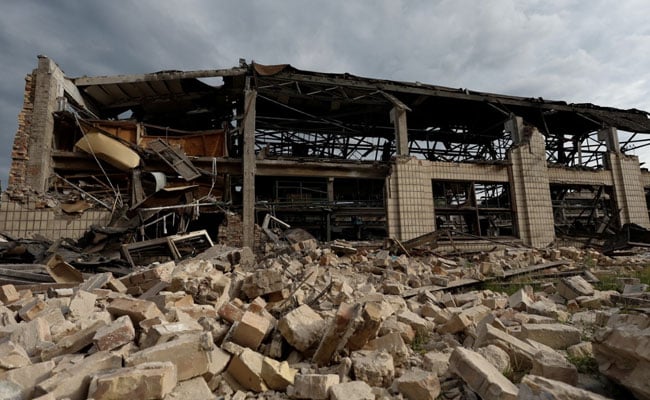 |
| Moscow's authorities in occupied Kherson have floated holding a referendum on integrating with Russia |
Mr. Challice's government in Canada is prepared to announce its intention of sending a few dozen decommissioned Coyote light armoured vehicles to Ukraine. Canada's retired General Rick Hillier, former chief of the defence staff, doesn't think much of Canada's efforts to date in fulfilling its ongoing pledge to do all it can in support of Ukraine's defence. As far as General Hillier is concerned, Canada has been tardy in delivering on its promise. It should long since have delivered 250 LAVs, 50 Leopard tanks and 18 M777 howitzers out of its stock of military equipment.
Ukrainian defence forces in the south are engaged in pushing back the Russians gradually in spite of being outgunned; for each big gun Ukraine fires, Russia sends back five. Ukrainians lack the most basic of equipment such as encrypted phones and body armour, recounted Mr. Challice. In the south, the terrain offers little cover. "It's hard to mobilize a large number of troops because there is only the treeline and fields for cover", he explained. Flush with ample munition,s the Russian military has been indiscriminate in shelling treelines.
Putin's army, points out General Hillier, has learned a lesson from its first months of surprise failure in attempting to take Kyiv and having to retreat in the face of staunch Ukrainian resistance which cost Russia a number of leading commanders. Russia has resorted to keeping its military men at a safe distance, reliant instead on the use of longer range artillery. Its superior electronic war machinery is being used to pull Ukrainian defence forces into a vice which will not allow them to activate reserves or to counterattack. Russia is waiting for the Ukrainian forces to run out of weaponry and ammunition.
 |
| Ukrainian troops fire ordnances during a training exercise in the
central Dnipropetrovsk region. Western countries have vowed to continue
supplying Ukraine with weapons. (Gleb Garanich/Reuters) |
General Hillier knows of estimates of a mere one-tenth of committed aid having landed in Ukraine. Some Western equipment is in the field, however; over 150 towed howitzers have been delivered by a number of donor countries, along with 120 rocket launchers. And four badly needed high mobility artillery rocket systems arrived from the U.S. Still, Ukraine hankers for 300 rocket launchers, 500 tanks and 1,000 howitzers to give it a fighting chance for an effective defence against the invaders.
Recently, an incursion into the fields and drainage ditches of the south on a mission to extract bodies of dead Ukrainians, Mr. Challice saw a teammate die from a bullet to his neck. "It happens everyday now. It's reality. I'll have time to think about it when I come home. If I come home", he said philosophically. His team, he said, has been incentivized to advance for the prize of taking back villages occupied by the Russians where atrocities have taken place and that is everywhere. He was informed by one woman whose husband had been tortured in their backyard, then shot in the back of the head.
Another man who had been isolated in a bomb shelter for six weeks, discovered later that his wife and daughter had been raped, murdered and left in a shallow grave. The horror of atrocities revealed to have taken place in the Russian occupation of Bucha was not, after all, an isolated anomaly. There were massacres everywhere the Russian military occupied a village, a town, a city suburb.
"The longer this goes on, the higher the probability of Russia breaking through or of Ukraine collapsing. The West can change that equation by delivering what it has promised."
"Ukraine is in a dire situation and the West will be complicit in any Russian victory."
Rick Hillier, former Chief of Defence Staff, Canada
Labels: Donor Nations, Foreign Volunteers, Military Equipment, Russian Invasion of Ukraine, Ukrainian Military
